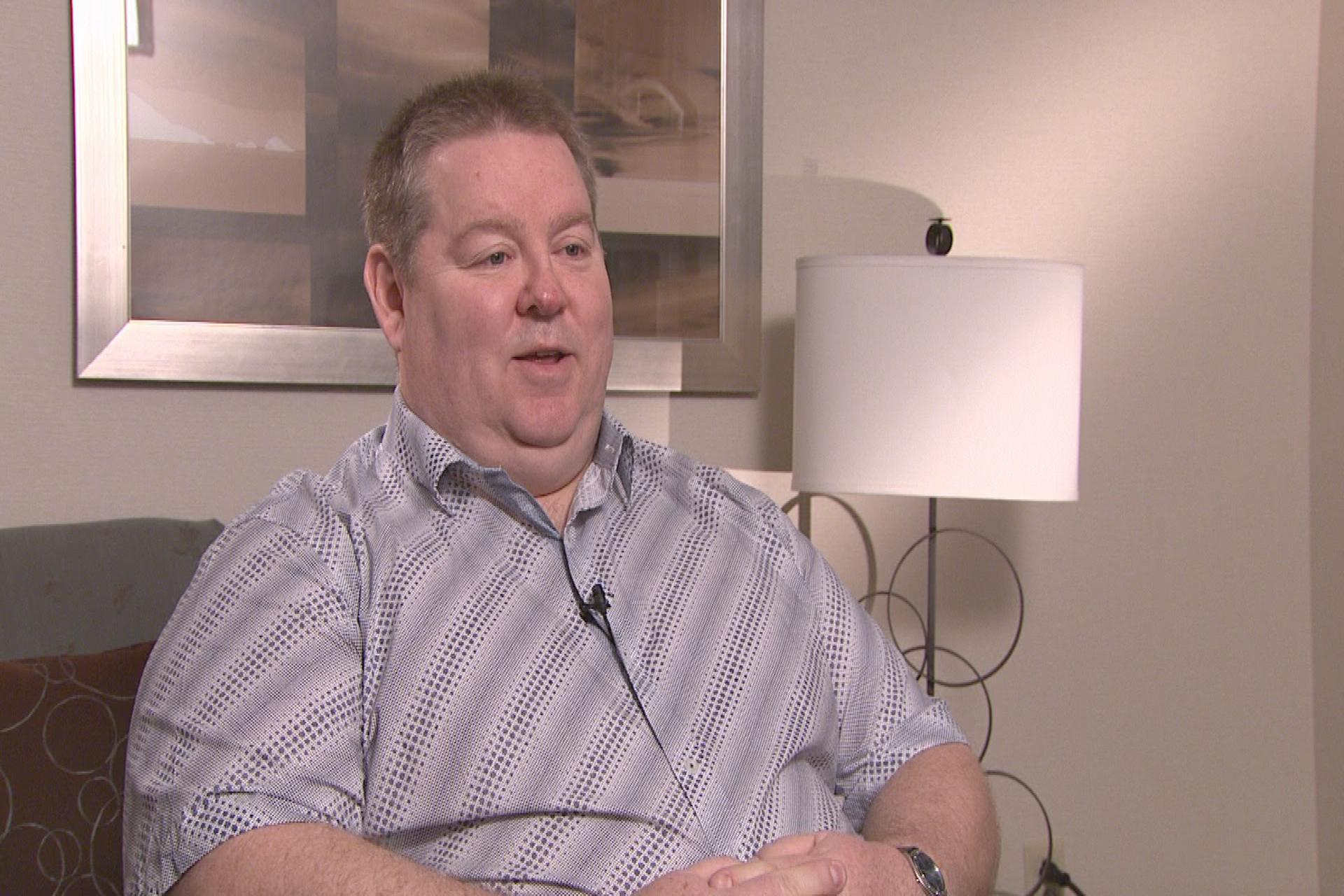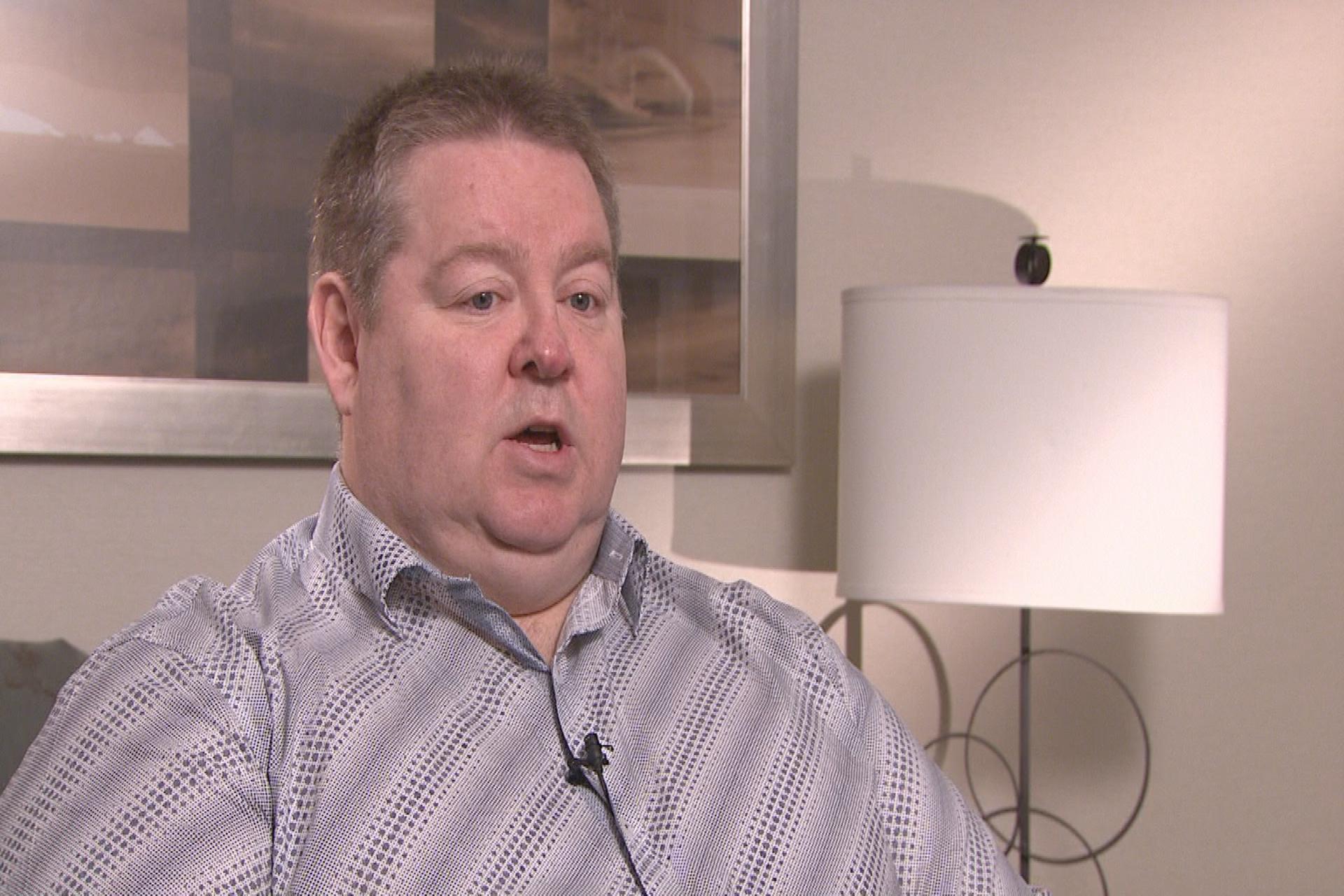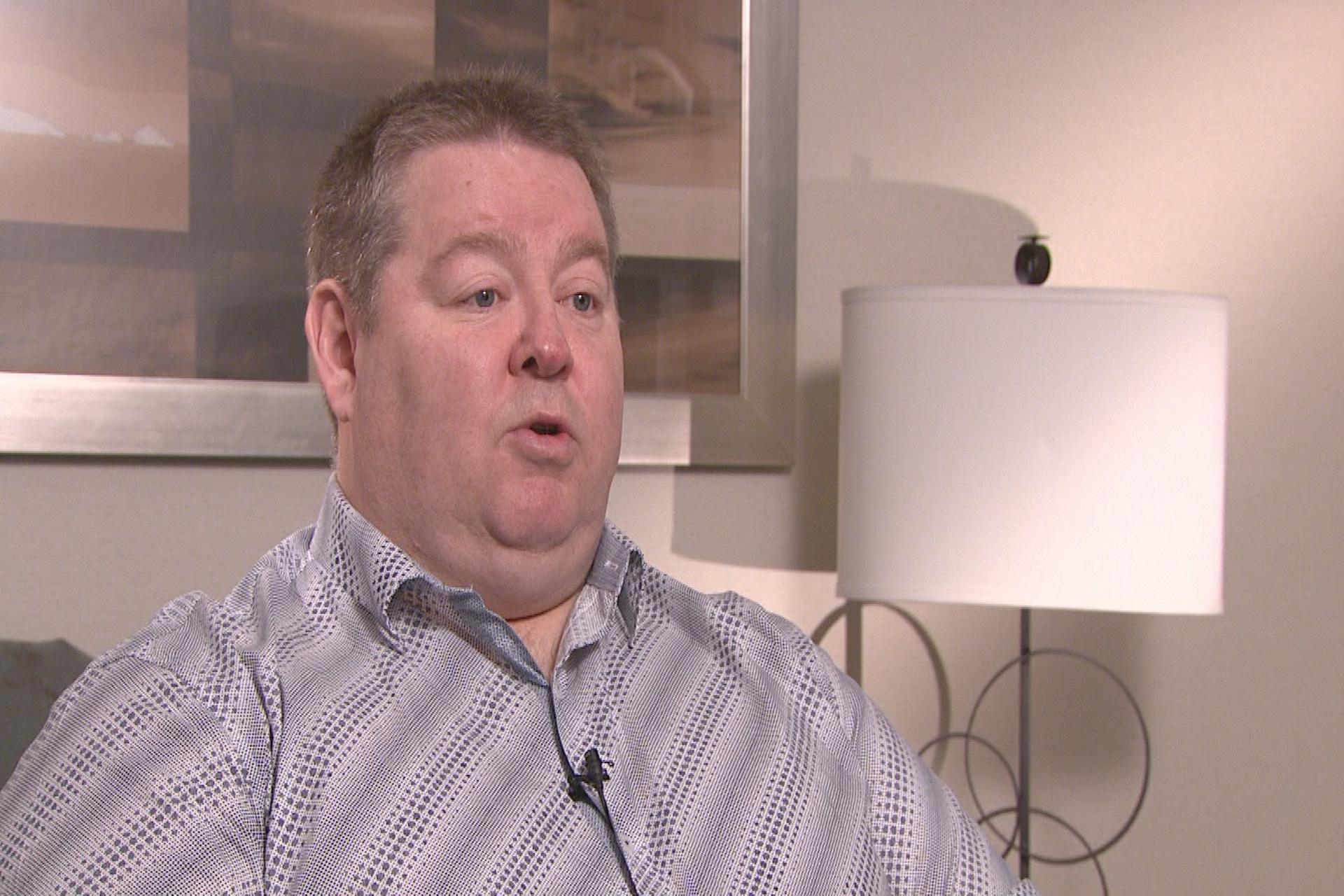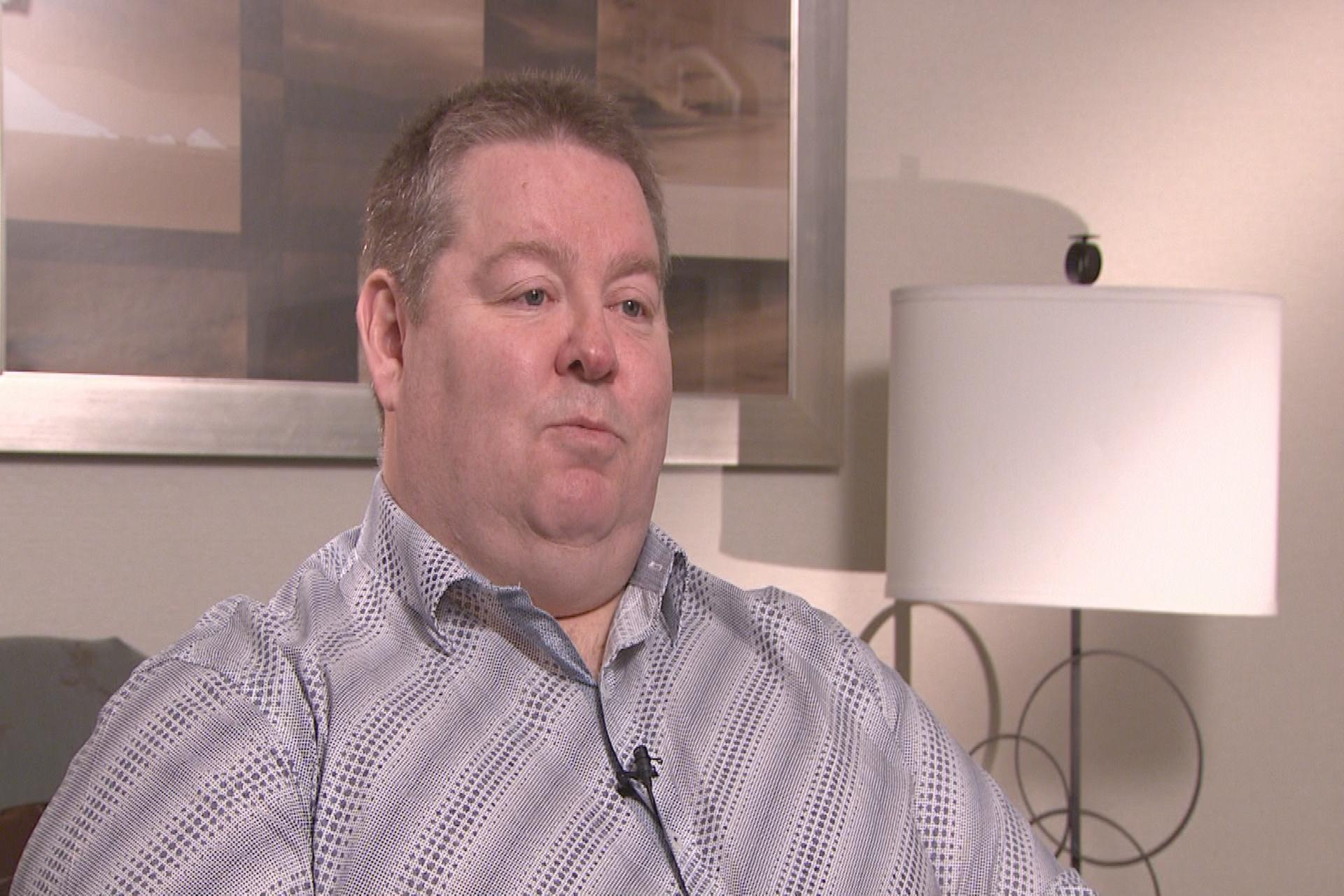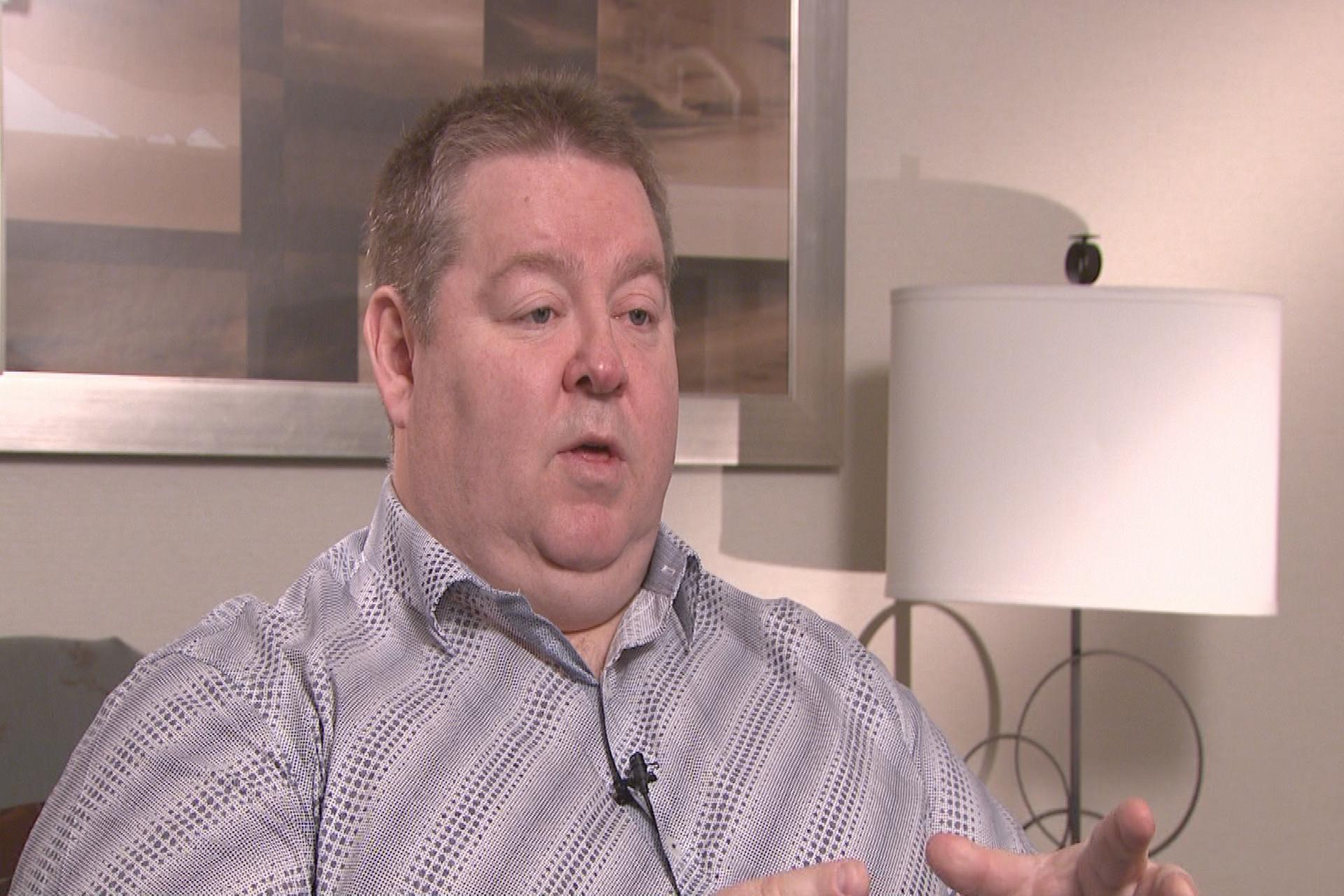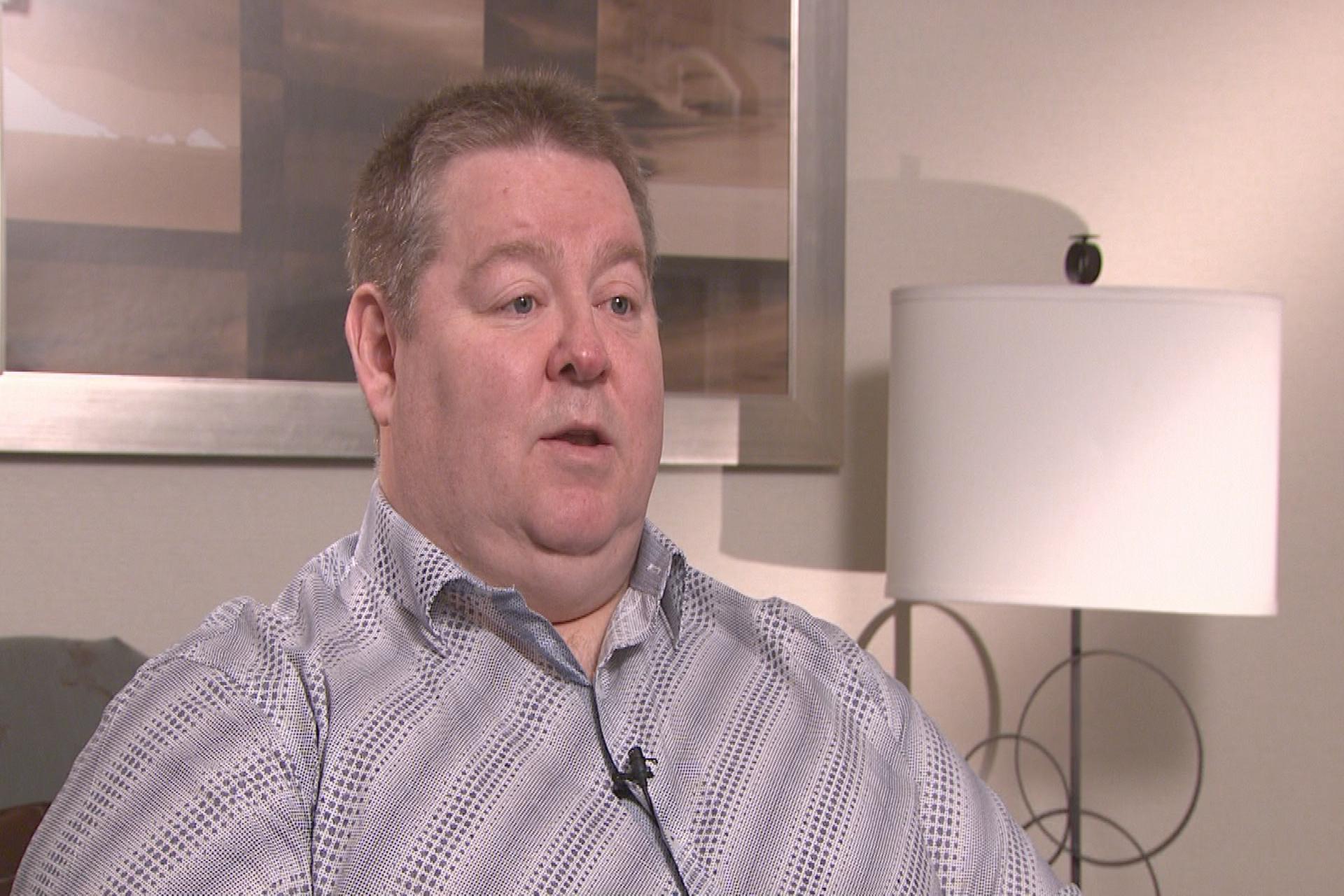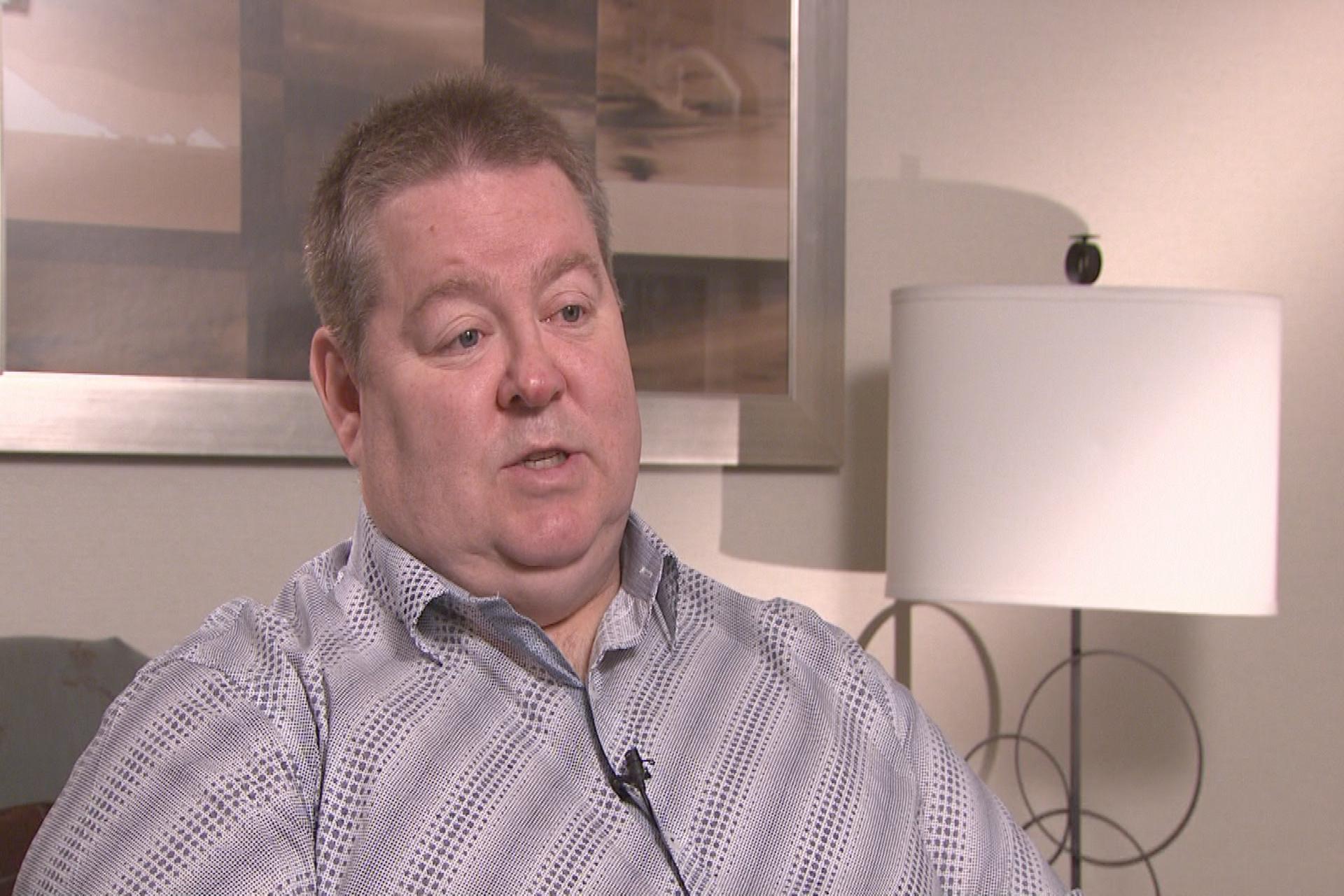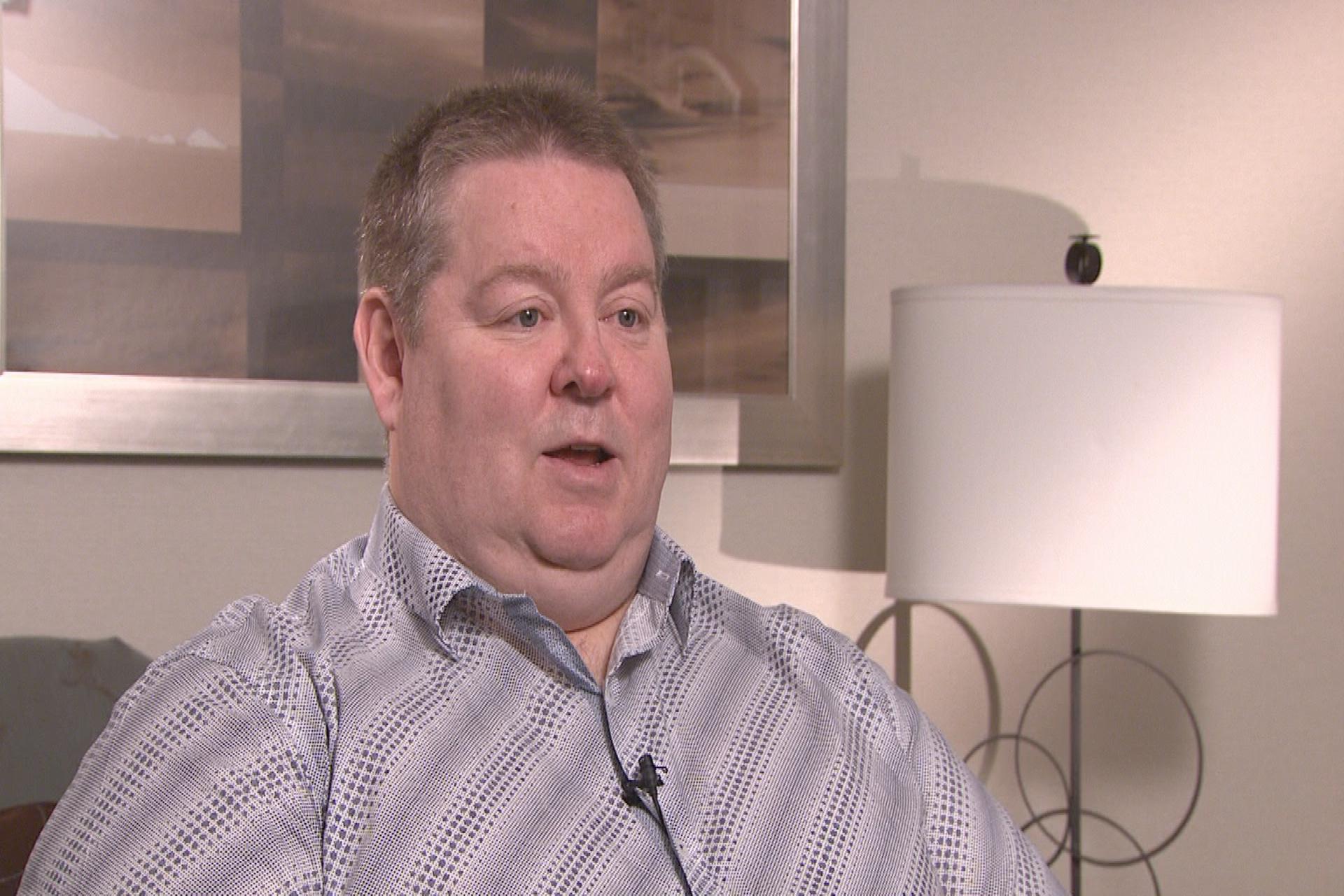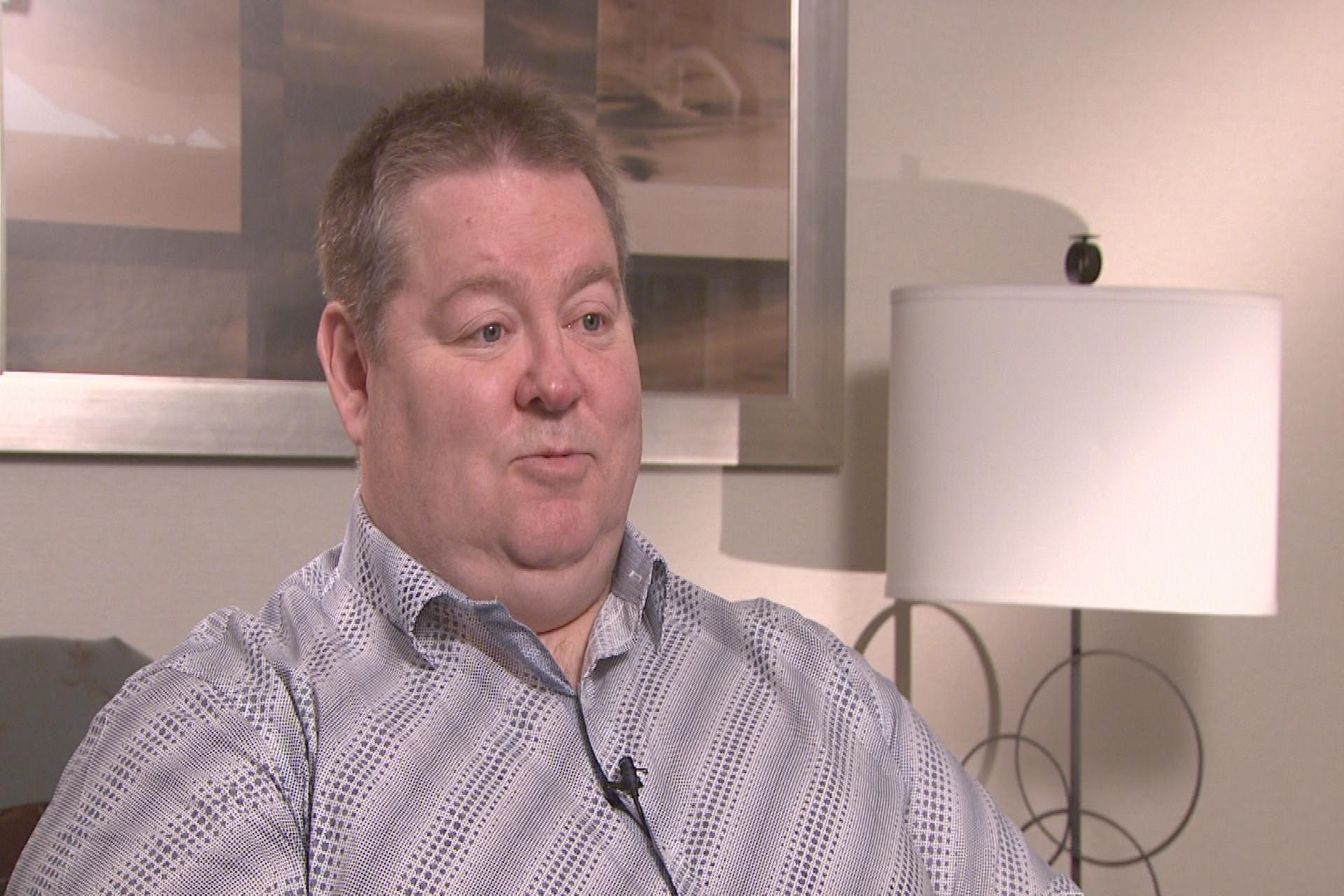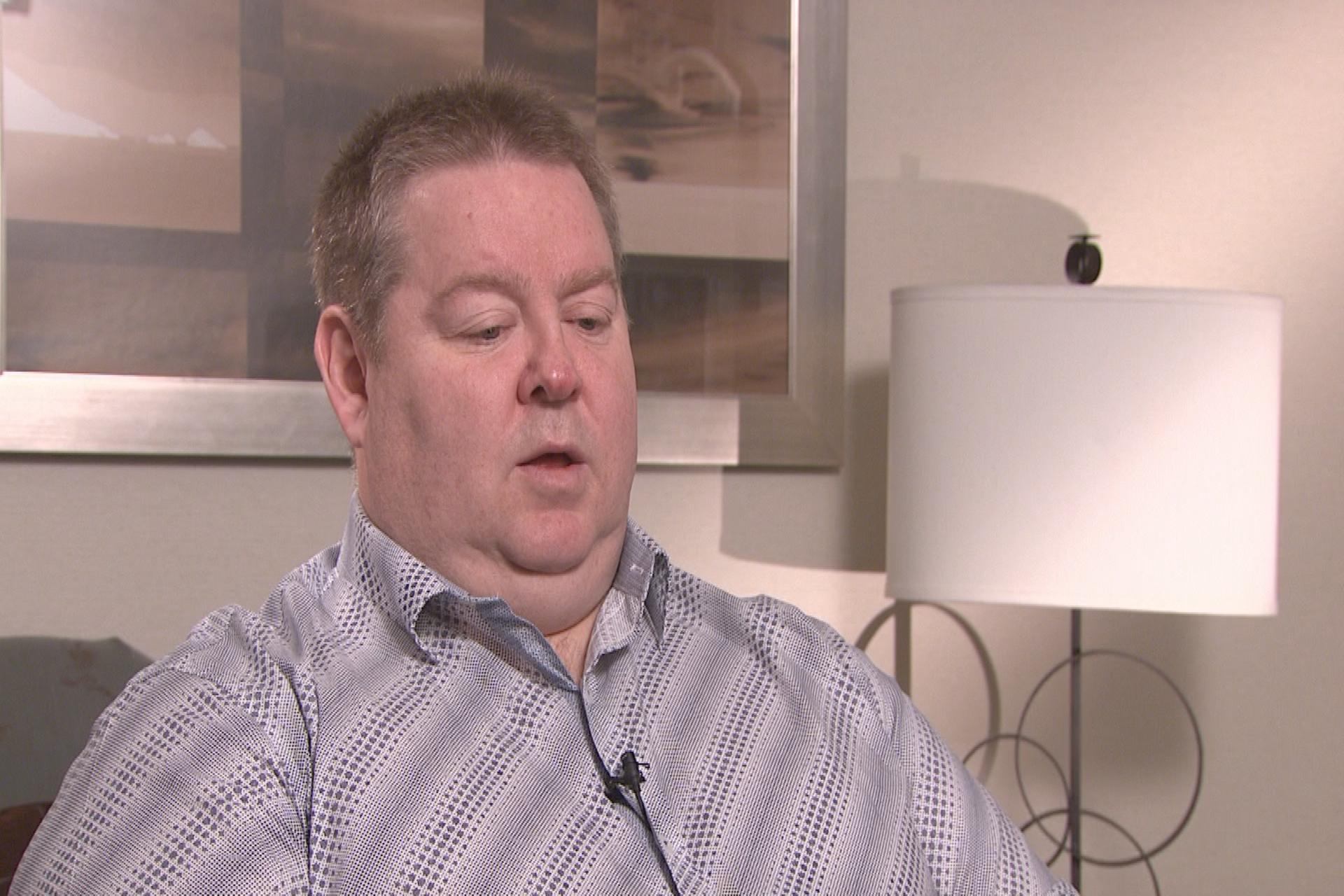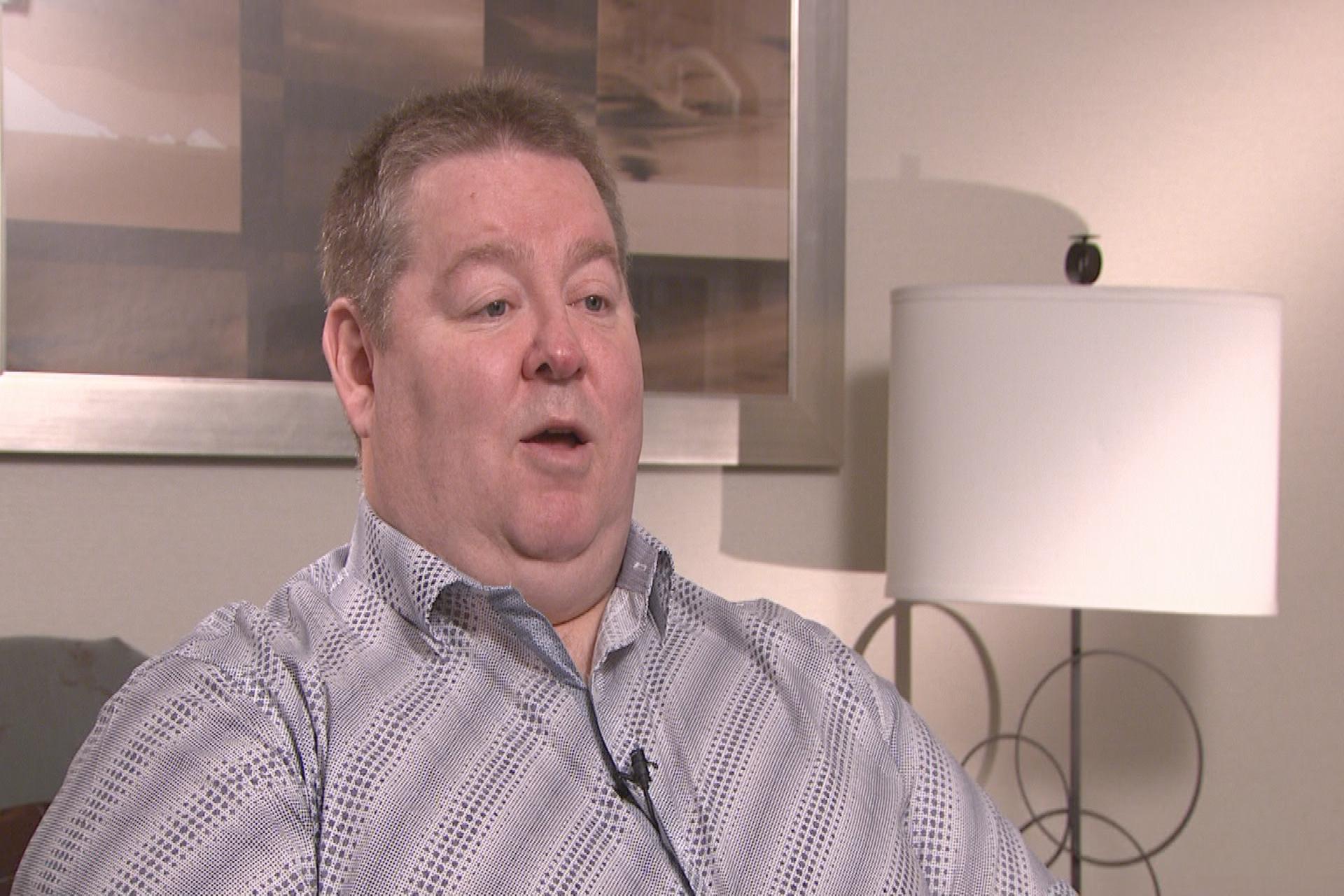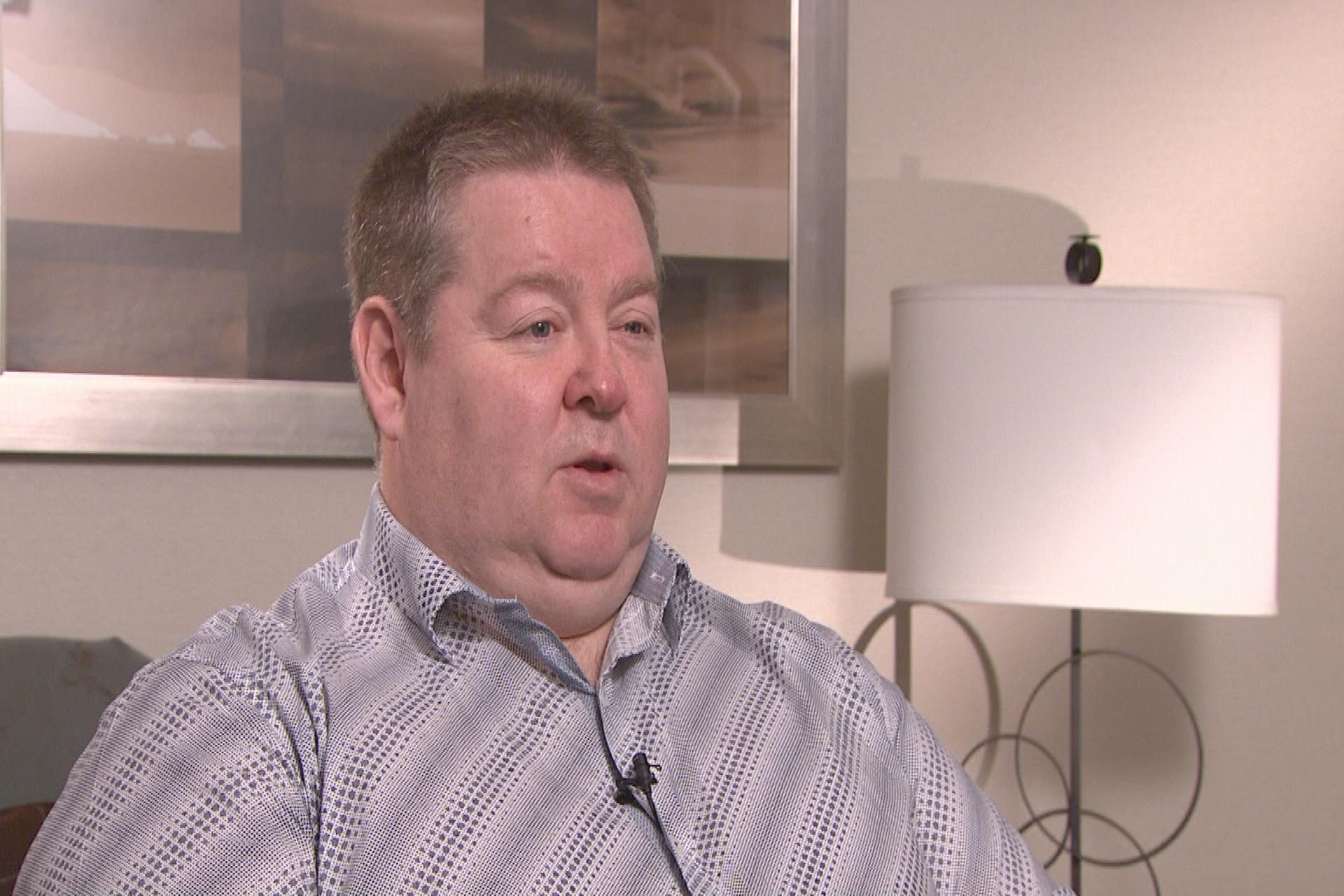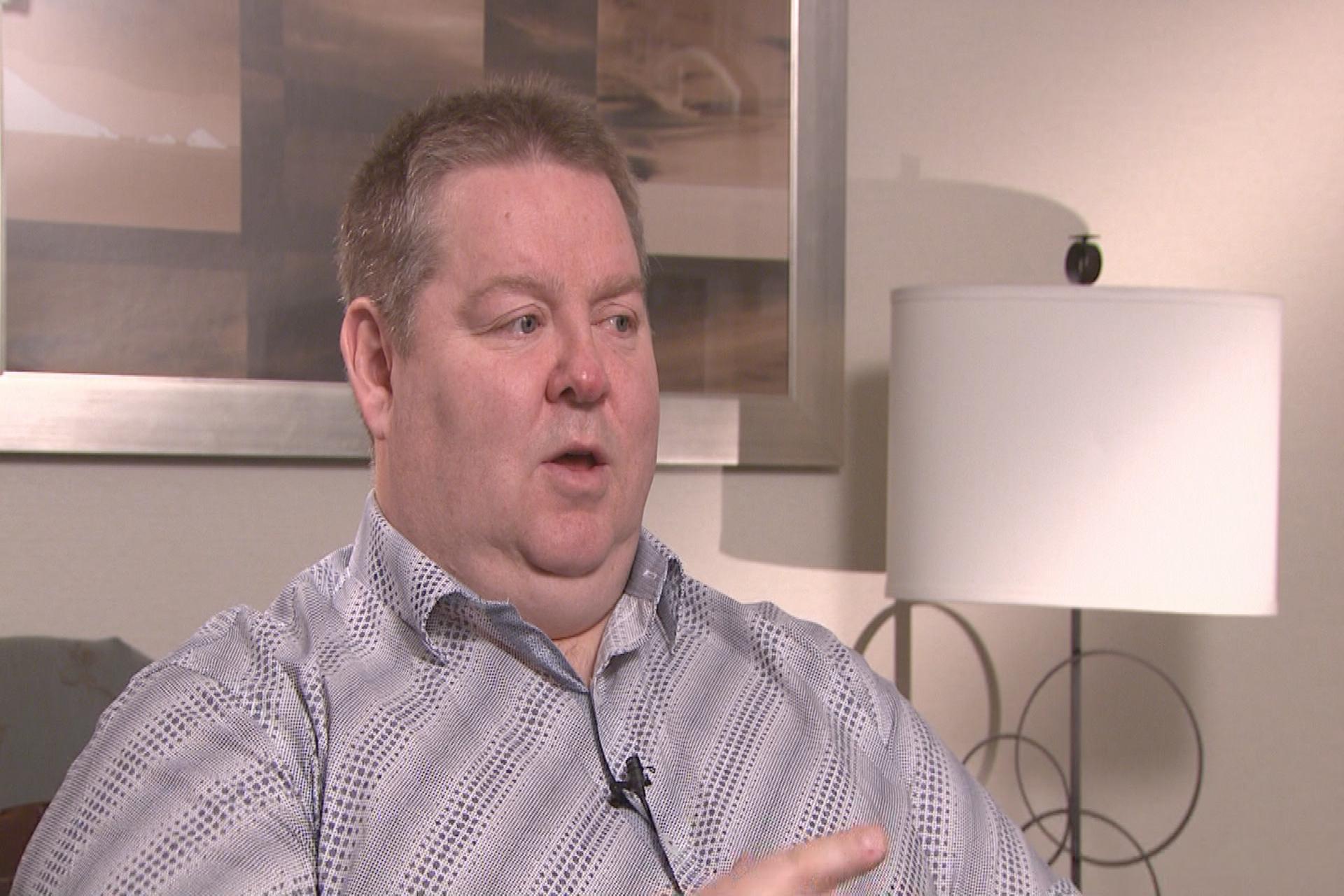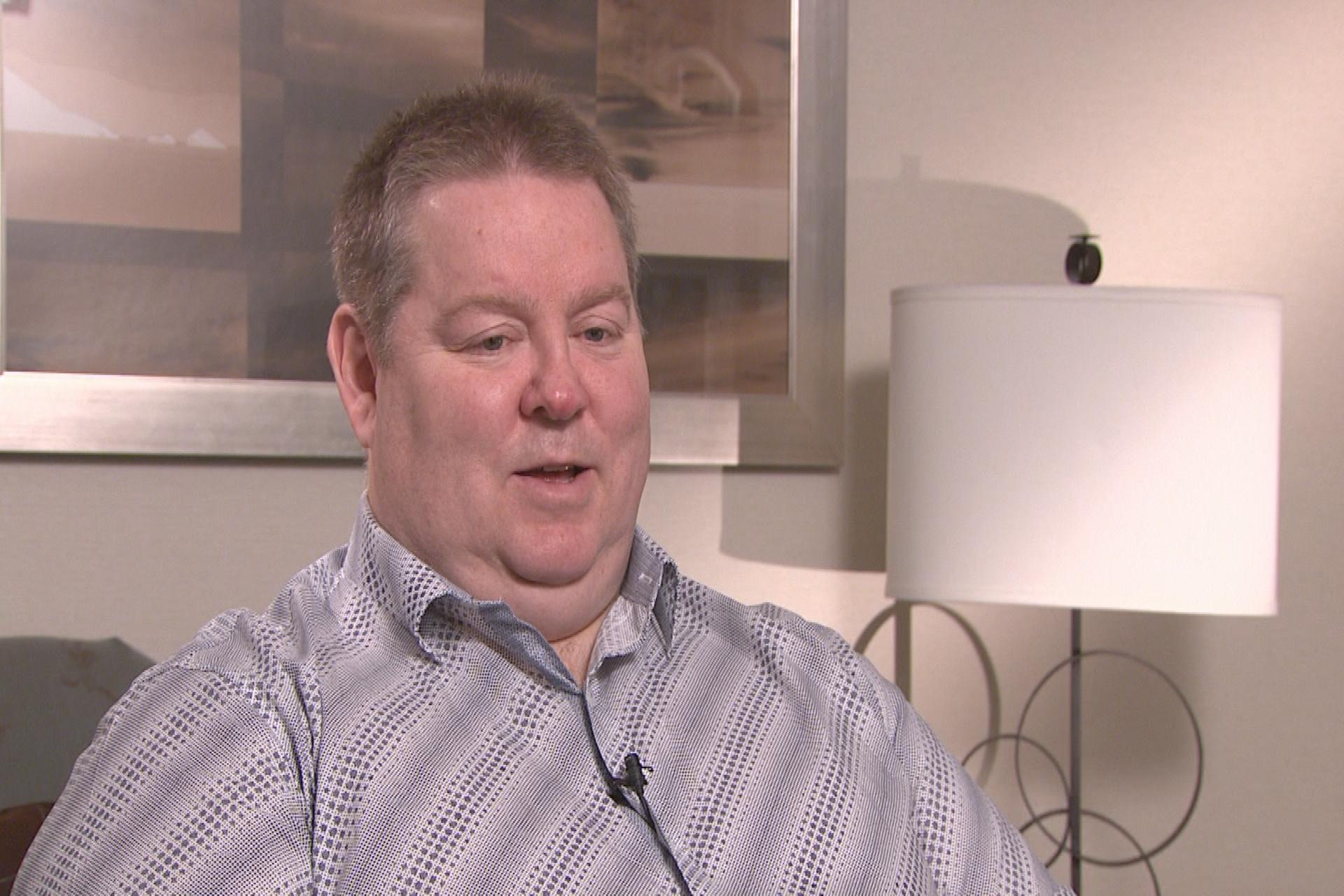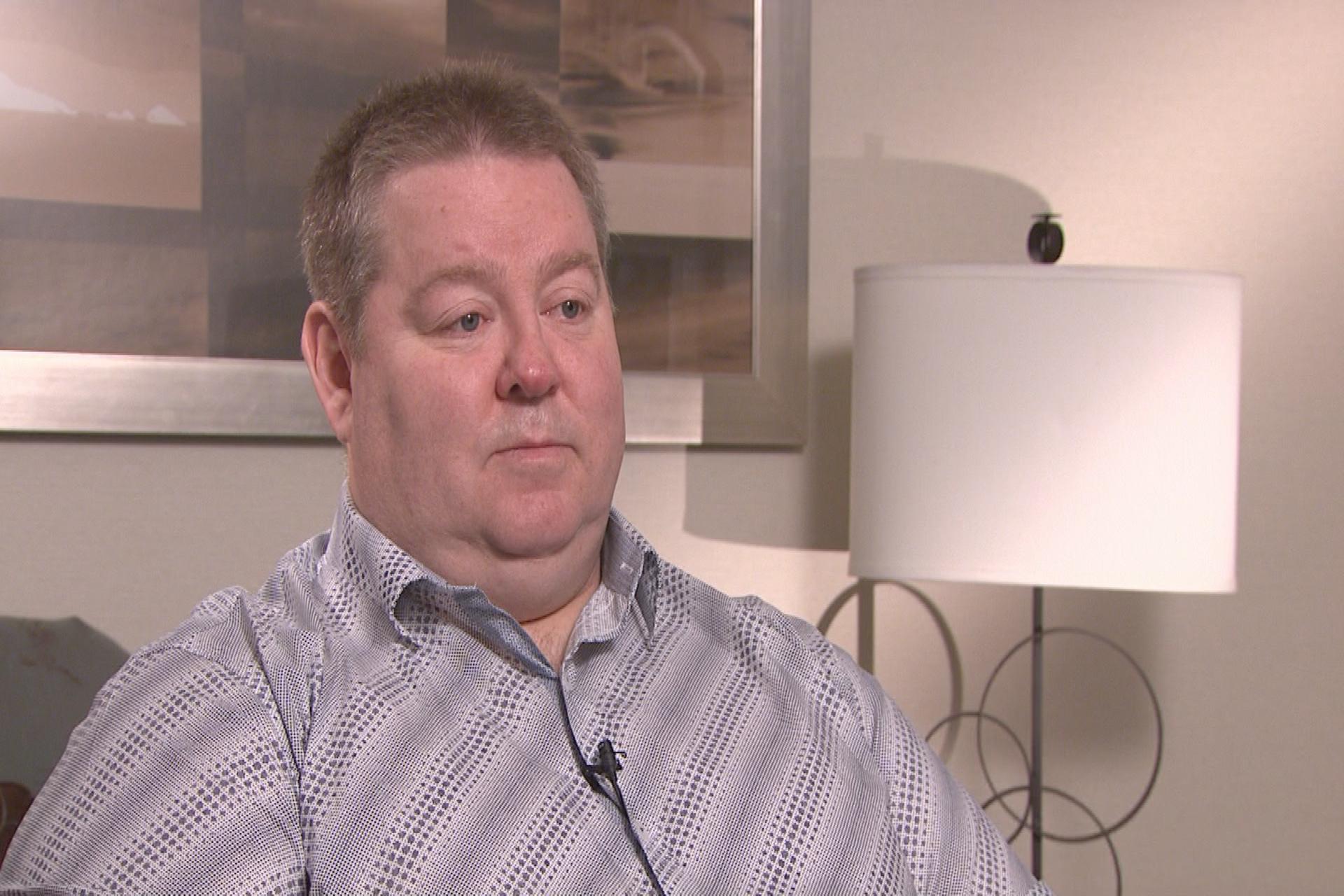The Limitation of Service
Heroes Remember
The Limitation of Service
Transcript
Description
Guided by rules of engagement, Mr. Williams expresses the certain degree of helplessness the medics felt witnessing confrontations amongst the locals.
Andy Williams
Mr. Williams was born June 24, 1964 in Trenton, Ontario. His father being in the Air Force, Mr. Williams had the strong desire to join, however, when his time came, the decision for service would be army and began his training career as an army medic. In 1985 he joined as a reservist and spent 25 years with the Regular Force. In 1997, Mr. Williams was deployed to Bosnia with the Lord Strathcona’s Horse Royal Canadians holding rank of master corporal. Another opportunity for a posting was exercised in 1998 when he deployed to Kosovo, this time with the 1 Service Battalion, Royal Canadian Regiment. Mr. William’s army career as a medic took him to many In-Canada posting serving with the Canadian military and upon retirement resides in Berwick, Nova Scotia with his wife and family.
Meta Data
- Medium:
- Video
- Owner:
- Veterans Affairs Canada
- Recorded:
- March 19, 2014
- Duration:
- 1:50
- Person Interviewed:
- Andy Williams
- War, Conflict or Mission:
- Canadian Armed Forces
- Location/Theatre:
- Kosovo
- Battle/Campaign:
- Bosnia
- Branch:
- Army
- Units/Ship:
- Lord Strathcona’s Horse
- Rank:
- Master-Corporal
- Occupation:
- Medic
Related Videos
- Date modified:



